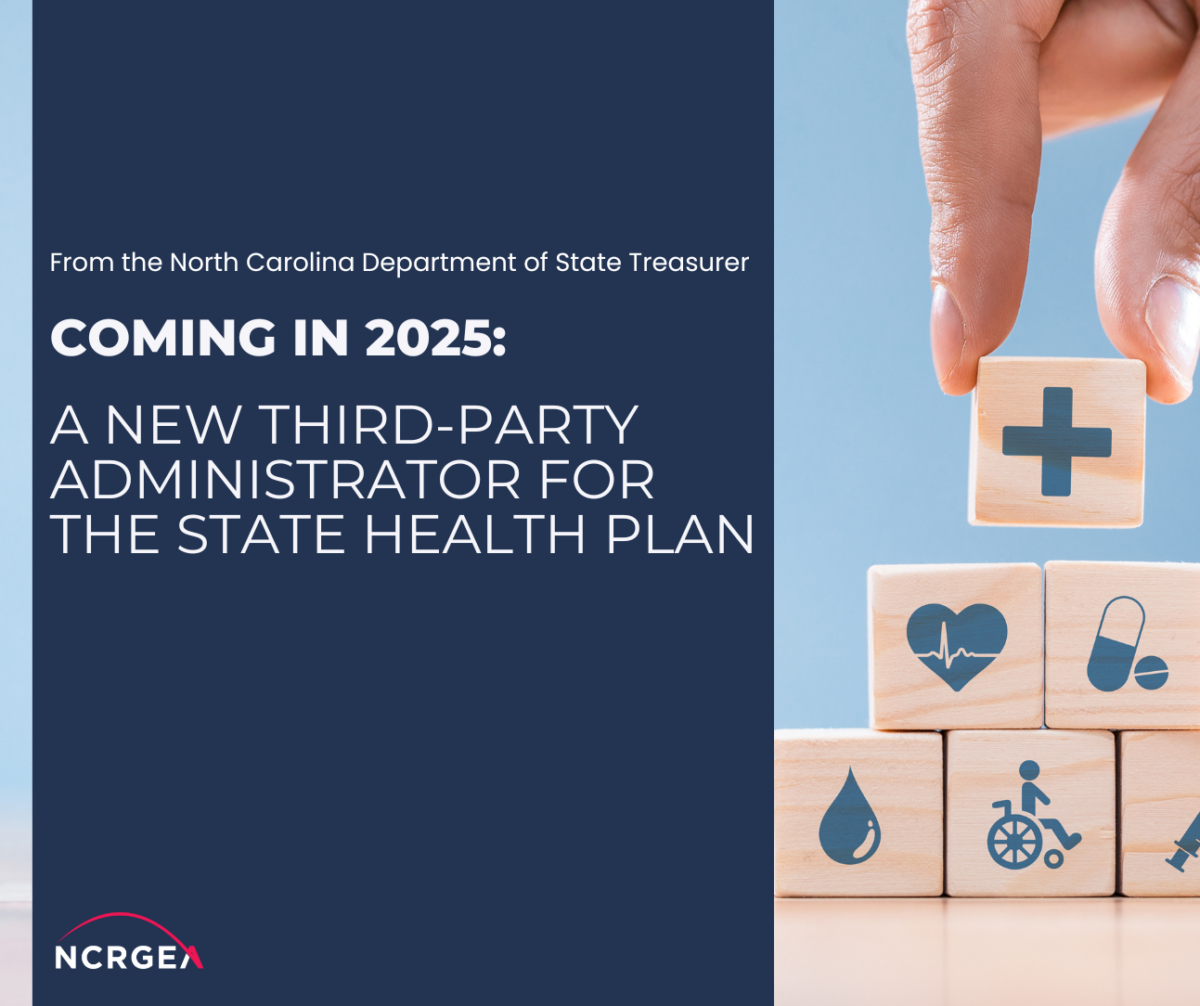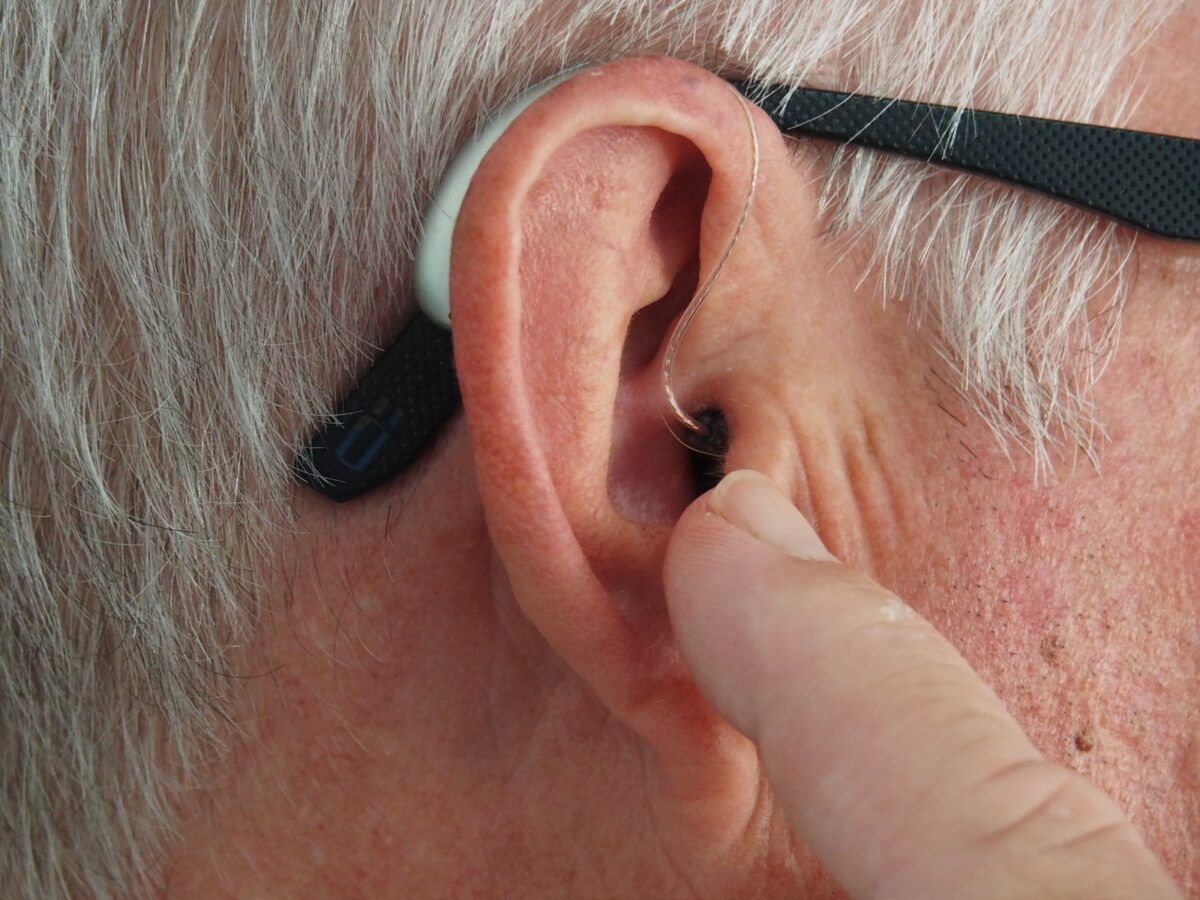AMBA’s 5 Tips to Keep Your Summer Road Trip Fun and Safe

Nothing makes incredible memories like summer road trips. From visiting loved ones, checking out historic destinations, or taking advantage of fun tourist attractions, there’s nothing like hitting the road and enjoying an adventure. But these journeys have risks that you need to be ready for. Follow AMBA’s tips to help ensure an enjoyable and safe journey for road trippers of all ages.
Prepare and Pack
If you’re heading out on a road trip, the last thing you want is unexpected mechanical issues. Before hitting the road, check your tires, fluids, brakes, and more. Additionally, be sure you have a First Aid kit in your car. This emergency kit should include bandages, rubbing alcohol, a flashlight, emergency flares, tools, and aspirin.
Pack snacks, water, and chargers for smartphones and electronic devices. If you are traveling with children, pack games and activities to keep them entertained.
There’s An App for That!
Mapping apps make it easier than ever to adapt your journey. Whether you’re heading to a new or familiar destination, issues like heavy traffic or construction areas can cause delays, danger, or even stress. Apps that provide real-time traffic conditions can help you avoid these roads and reroute you to better alternatives.
Stay Smart: Stop and Sleep
Staying safe starts with staying alert. Did you know that driving for more than 8 hours at a time has nearly 2x the risk of crashing compared with drivers who have been on the road for less than 2 hours? Make plenty of stops, at least once every two hours. This will also give you the opportunity to stretch your legs, use the restroom, and get some fresh air. If you have passengers who can drive, alternate drivers every few hours.
Also, be sure to get plenty of sleep. People who sleep less than five hours before driving have a significantly increased risk of crashing compared to people who rest for the recommended eight hours.
Stay Cool
The summer heat during a road trip can be overwhelming. A lack of air conditioning on a hot summer day affects everyone. It is particularly dangerous for people with preexisting health conditions or who are sensitive to heat, such as children and older adults.
Heatstroke is a medical emergency that occurs when the body heats up faster than it can cool down. It can be deadly for older adults, especially during the summer, because their bodies have a decreased ability to adapt to temperature changes. Heatstroke symptoms can include dry, flushed skin, fainting, confusion, and a pulse rate that’s either too strong or weak.
Get MASA
No matter how many precautions you take, medical emergencies can happen anywhere, anytime – especially on the road when you’re far from home. A ground ambulance or air transport could cost thousands. Medicare may not cover this. Protect yourself from the high cost of emergency medical transportation with the Medical Air Services Association (MASA) plan from AMBA and NCRGEA. MASA provides lifesaving emergency transportation services. Services are paid in full, with no deductibles, co-pays, or dollar limits. Whether home or traveling, MASA covers your ambulance or airlift in all 50 states and Canada, regardless of age or medical condition. Plus, you can get your MASA plan through a trusted source: NCRGEA and AMBA. You can even sign up online. Learn more at Ambamedtransport.com/NCRGEA or call the AMBA Contact Center at 800-956-1228 M-F 9am-6pm ET.
Sources: https://aaafoundation.org/prevalence-impact-drowsy-driving/
https://www.routific.com/blog/best-route-planner-app-android









